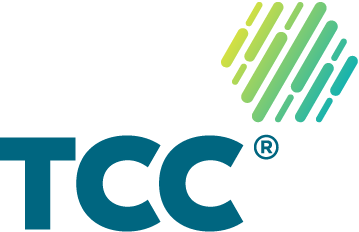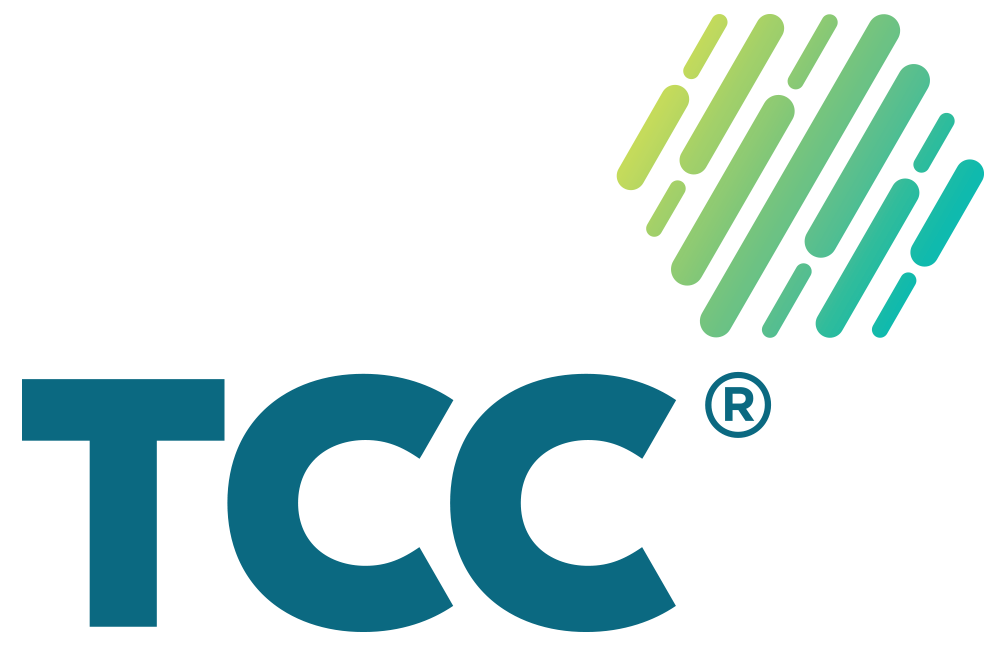The one tool that can solve your remote culture challenges
Real-time feedback keeps your business, and your risk management, robust in a fast-moving world.
As business leaders, we’re used to navigating change. But there has been nothing quite like the Covid-19 pandemic in my 30+ years in the industry.
With every wave came a new challenge: from the initial worries about how systems and processes would cope with widespread remote working, to concerns around employee wellbeing as the novelty of homeworking slowly wore off. Now, many of our clients are wondering about the longer-term business impact of the ‘hybrid model’ – often touted as the future of work.
It’s no secret that company culture drives commercial success, particularly in times of stress. Those businesses that managed to maintain a strong culture during the pandemic – genuinely keeping the interests of their clients, staff and stakeholders at the heart of their business – generally fared better than those that didn’t.
Percentage of businesses that are performing better or equal to before the pandemic that have indicators showing a strong culture*
There’s no one-size-fits-all formula to achieving a healthy company culture — it’s as unique to every business as the people working within it. But there is one secret weapon that makes creating and maintaining a strong culture remotely so much easier: real-time feedback.
Imagine if you were able to understand how your workforce communicates and collaborates, monitor changes as they happen and identify emerging issues as they arise. In other words, provide a framework to robustly and objectively assess, understand and manage your organisation’s culture.
How much time and effort would you save on failed employee engagement initiatives, if you could track the impact it’s having almost immediately? How many key staff would you retain? And how many customer outcomes would benefit?
It’s no surprise to us that one of the most popular features of our intelligent culture analytics solution is its real-time Organisational Network Analysis (ONA) — it does all this and more.
Real-time ONA can help you to:
- Spot risks early
Regulatory pressure to be able to evidence a healthy culture is mounting, particularly when it comes to Diversity & Inclusion, leadership and governance. The ability to tap into digital trace data and understand how connected your business is in real-time enables you to keep tabs on these priority areas and react quickly – before it catches the attention of the FCA.
Take SMCR as an example. You can use real-time ONA to compare your documented SMCR framework against how work actually gets done in your business. It might positively assure that everything is working as expected. Or, it might suggest that your SMF’s are disconnected from the wider business – not necessarily a problem, but something that needs looking into.
Beyond that, you can use it more informally to track employee engagement and collaboration within teams, without encroaching on staff. Any fall in engagement might indicate a looming retention crisis that needs investigating.
Ultimately, it enables you to identify indications of an issues and dig deeper – before it becomes a problem.
- Stay agile
Most of the firms we talk to about culture are already collecting data and insight via an employee survey or periodic deep dive. But more often than not, this is done on a bi-annual or quarterly basis at best.
Given the landscape is evolving every day, how can you make strategic decisions on culture and keep pace with change when the information you’re working with is months out of date?
By understanding your real-time position, you can make more informed decisions rather than relying on patchy snapshots.
- Drive progress at pace
By now, it’s likely you’re feeling the effects of long-term remote working. I know I am. Nothing quite replaces the energy of the office, and ultimately this has an impact on creativity and collaboration — even for those who have adapted well to homeworking.
Inevitably, this constant change coupled with fragmented communication will result in times when you feel you’re always operating in reactive, crisis mode. Anything that doesn’t seem like a burning priority falls to the bottom of the to-do list.
Unfortunately, the FS sector doesn’t have the luxury of time when it comes to culture. The FCA is engaging with firms more on culture issues and asking more probing questions during supervisory visits. During every interaction, the regulator is forming its view on your company culture. Real-time feedback on any culture initiatives you’re implementing can help keep the momentum high on your culture programme.
Today we’ve mainly focused on how important real-time feedback is for building a healthy culture. But the benefits for your business extend far beyond that, enabling effective operational resilience and stronger compliance.
If you’re interested to know more, we’d be happy to show exactly how real-time ONA works – just get it touch.
How can we help?
Speak to a culture and conduct risk expert today

